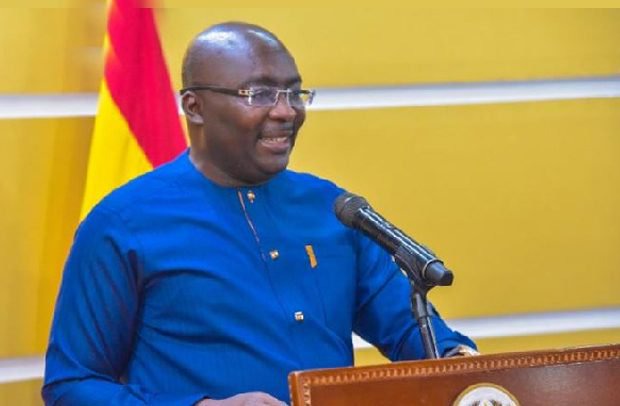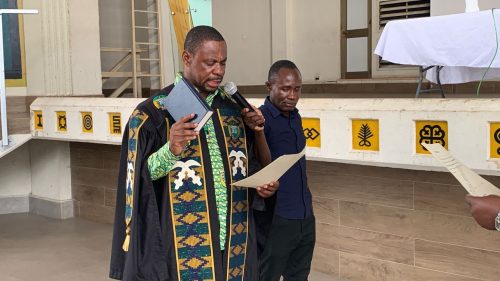

Ghana will save about US$4.8 billion annually in foreign exchange as a result of the gold for oil policy, Vice-President Mahamudu Bawumia has said.
This is through a policy where the government pay for imported oil products with natural mineral such as gold, in a direct barter with gold purchased through the central bank.
The move is expected to help stabilise prices of fuel products, as well as reduce pressure on Ghana’s foreign exchange, as the direct gold barter will be the mode of paying for imported oil instead of depleting the foreign exchange reserve.
Some people especially members of the opposition National Democratic Congress (NDC) have described the policy as failure and needless saying the government will be a loser in terms of profit margin.
But speaking at the commissioning of a new head office for the Bulk Oil Storage and Transportation Company (BOST) in Accra on Wednesday (15 March), Bawumia said the government will soon increase import of oil under the policy to 100%.
“We are currently importing about 50 to 60% of our oil import under this policy,” Bawumia said. “The goal is to move to 100% and that will be done this year.”
“But the savings in foreign exchange when we do this will be an annual savings of US$4.8 billion every year when we get this done.
“And that means oil importing companies will not go to the Bank of Ghana to look for US$4.8 billion to buy oil, we will buy that gold with our cedis, convert it into oil payment and that demand will no longer be there,” Bawumia added.





